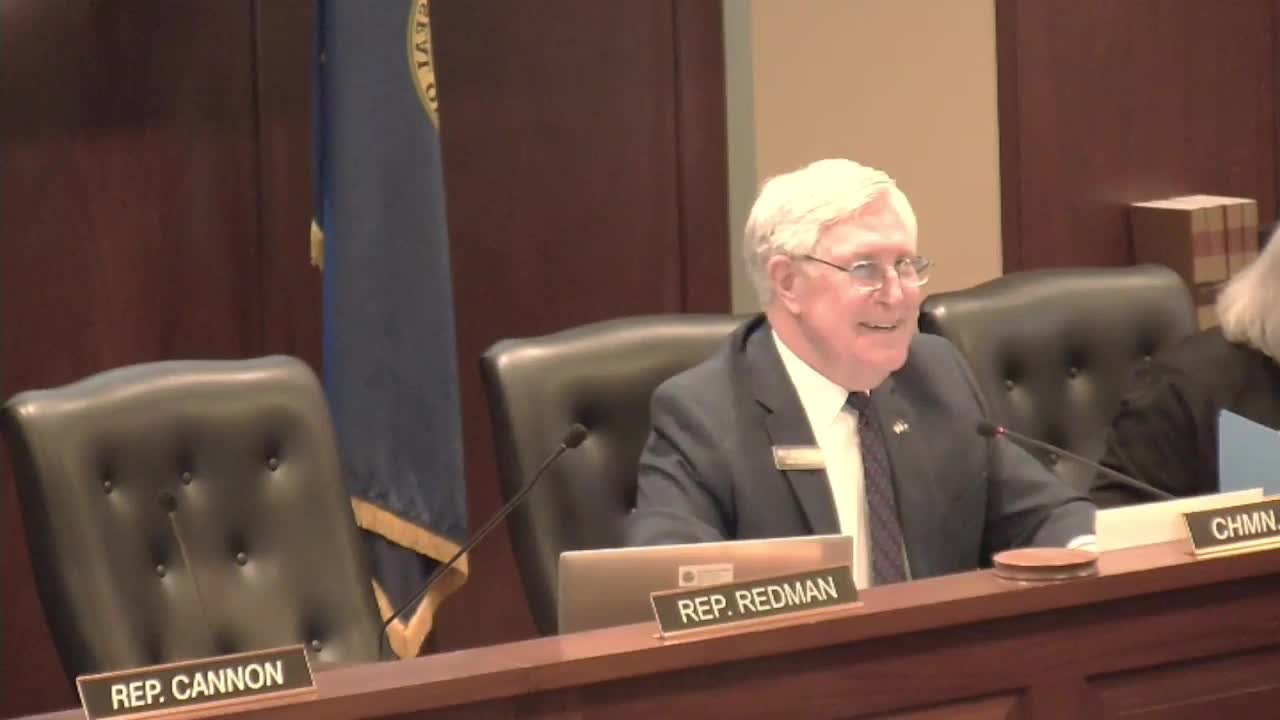Committee advances bill requiring disclosure by callers using mortgage "trigger" leads
Get AI-powered insights, summaries, and transcripts
Subscribe
Summary
House Bill 149 would require companies that call consumers based on mortgage-trigger leads to disclose they are not the consumer's current lender and that they purchased a mortgage lead; the committee approved the bill after sponsor testimony and questions about enforcement.
Representative Bruce introduced House Bill 149 on Feb. 17, describing the bill as a consumer-notification measure addressing industry use of so-called mortgage-trigger leads.
Sponsor's explanation: Representative Bruce said mortgage-trigger leads are generated when credit-reporting activity (such as a mortgage application) causes the consumer’s data to be flagged and sold to lead vendors, which then prompt third-party solicitations. "The bill seeks to amend chapter 31 title 26, the Idaho code ... and create a new section ... aimed at enhancing consumer privacy and mortgage applications," Representative Bruce said. He said the practice often confuses consumers who cannot tell whether a caller is their existing lender.
The bill would require callers using these leads to identify themselves at the outset of the call as not being the consumer’s current lender and to disclose that they purchased a mortgage lead. Representative Bruce said enforcement would be through existing state consumer-protection mechanisms: a consumer could file a complaint under the state’s Consumer Protection Act if the disclosure requirement were violated.
Committee members asked how common it is for callers to record conversations and how consumers would enforce violations. Representative Bruce said recording practices vary by company and that enforcement would rely on consumer complaints to the state, which could pursue remedies under the Consumer Protection Act. Committee members also discussed how the bill compares to federal activity; Representative Bruce said the Fair Credit Reporting Act and the Consumer Financial Protection Bureau (CFPB) set some federal parameters, and several other states (Connecticut, Rhode Island, Maine, Kansas, Kentucky, Wisconsin and recently Texas) had enacted laws addressing mortgage-trigger leads.
Representative Cannon moved that House Bill 149 be sent to the floor with a —3do pass—4 recommendation; the committee approved the motion by voice vote.
Limitations: sponsors said the bill does not prevent sale of the leads; it requires disclosure at first contact and relies on consumer-filed complaints for enforcement.
